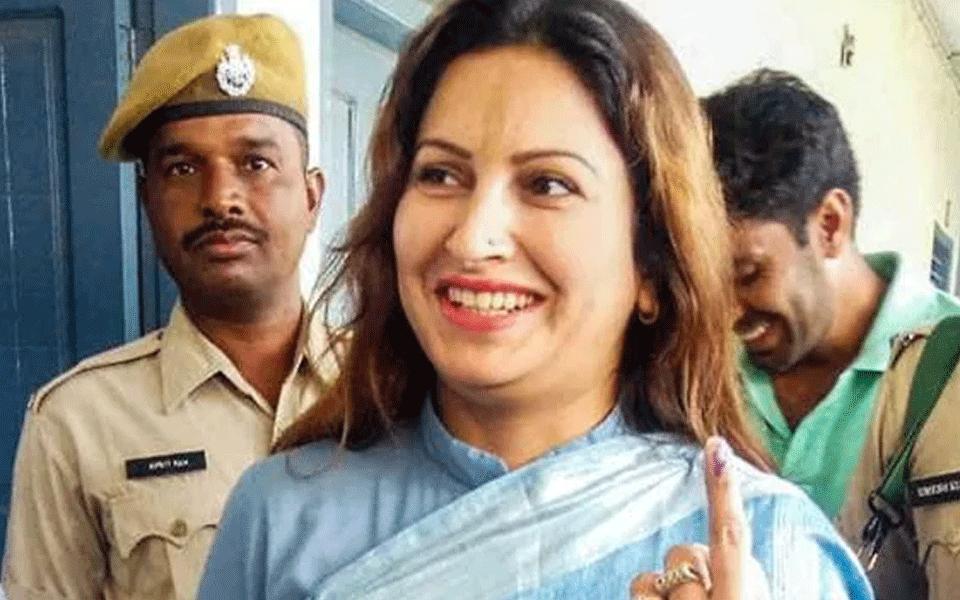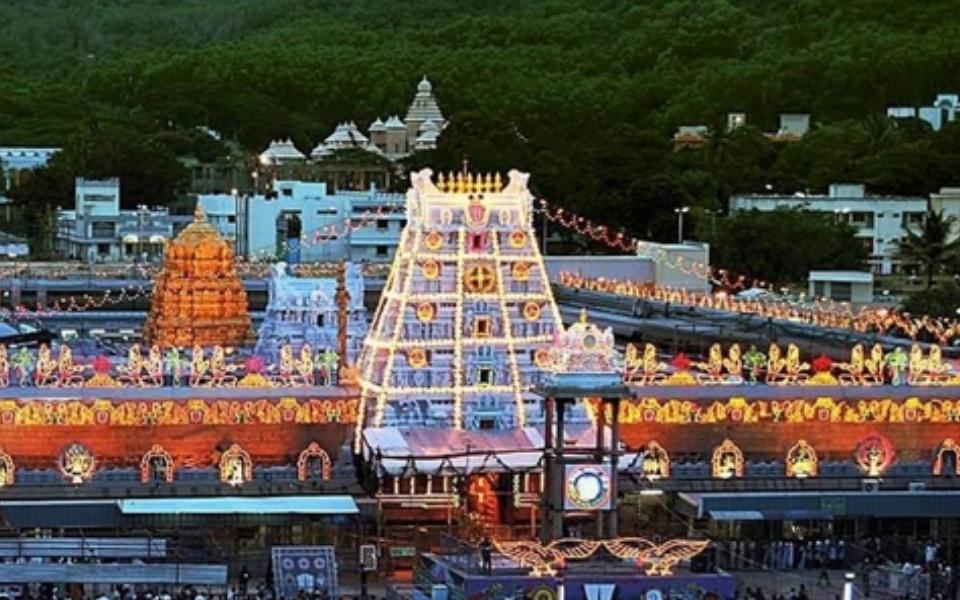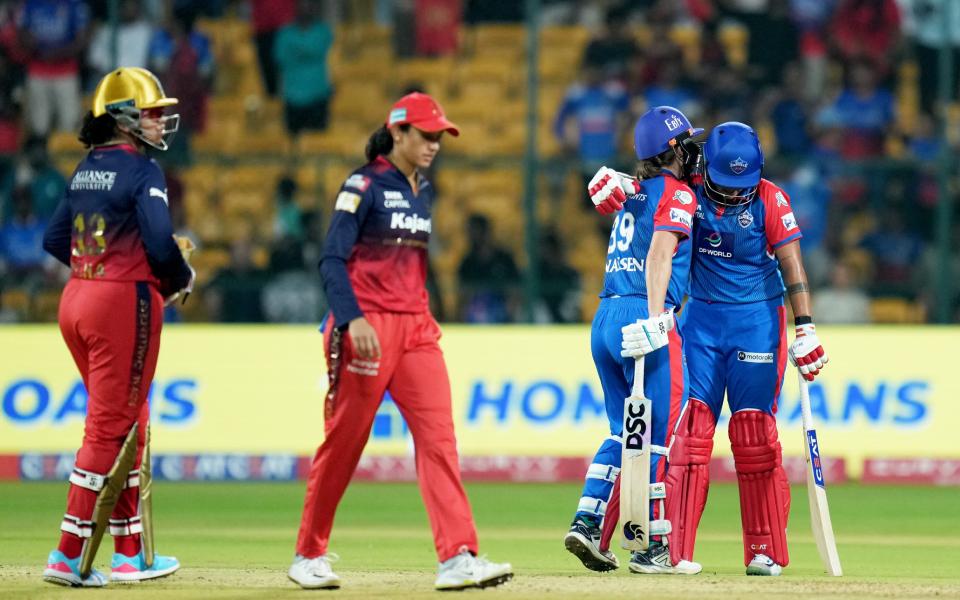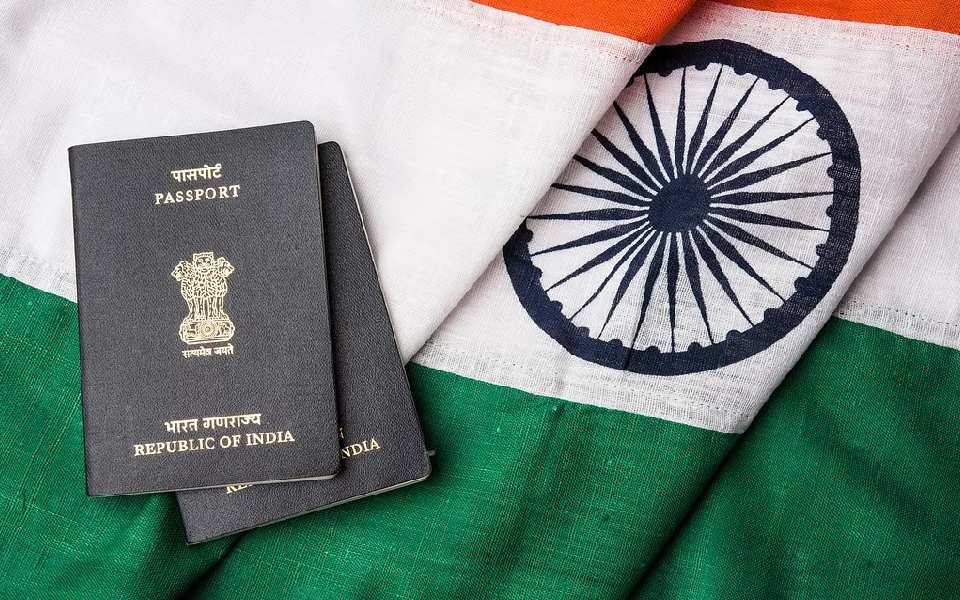Panaji (PTI): The Goa Police on Saturday detained a North Goa restaurant owner and a suspected peddler, who had allegedly supplied drugs to the two accused arrested in the Bharatiya Janata Party (BJP) leader Sonali Phogat murder case, a senior officer said.
The suspected drug peddler, Dattaprasad Gaonkar, was detained from Anjuna after the accused duo "confessed" in their statement that they had procured drugs from him, the officer said.
Another man who has been detained is identified as Edwin Nunes, the owner of Curlies restaurant, where Phogat was partying late at night on August 22 before her death under mysterious circumstances.
Goa Police had arrested Sudhir Sagwan and Sukhwinder Singh accompanying Phogat, a popular TikTok star who hailed from Haryana, to Goa.
Phogat, 42, was brought dead to St Anthony Hospital at Anjuna in North Goa district on August 23 morning from her hotel.
The police on Friday said Sagwan and Singh allegedly mixed some "obnoxious substance" in water and forced Phogat to drink it while partying at Curlies restaurant on the intervening night of August 22 and 23, adding they have been charged with murder.
The motive behind the alleged murder of Phogat could be "economic interest", a senior police officer had said.
Let the Truth be known. If you read VB and like VB, please be a VB Supporter and Help us deliver the Truth to one and all.
Tirupati, Mar (PTI): TTD chairman B R Naidu on Saturday urged for Civil Aviation Minister K Ram Mohan Naidu's intervention to designate Tirumala as a no-fly zone.
Tirumala should be declared a no-fly zone, keeping in mind the principles of Agama Shastra (sacred texts), sanctity of the temple and safety and sentiments of the devotees, he said.
"Low flying planes, helicopters and other aerial activities on the Tirumala hill are disturbing the sacred atmosphere around the Srivari (Lord Venkateswara) temple," said Naidu.
To protect the sanctity and cultural and spiritual heritage of Tirumala, the TTD Chairman sought the Union Minister to respond in this matter for appropriate action.
Tirumala Tirupati Devasthanams (TTD) is the custodian of the famous Lord Venkateswara Temple.





